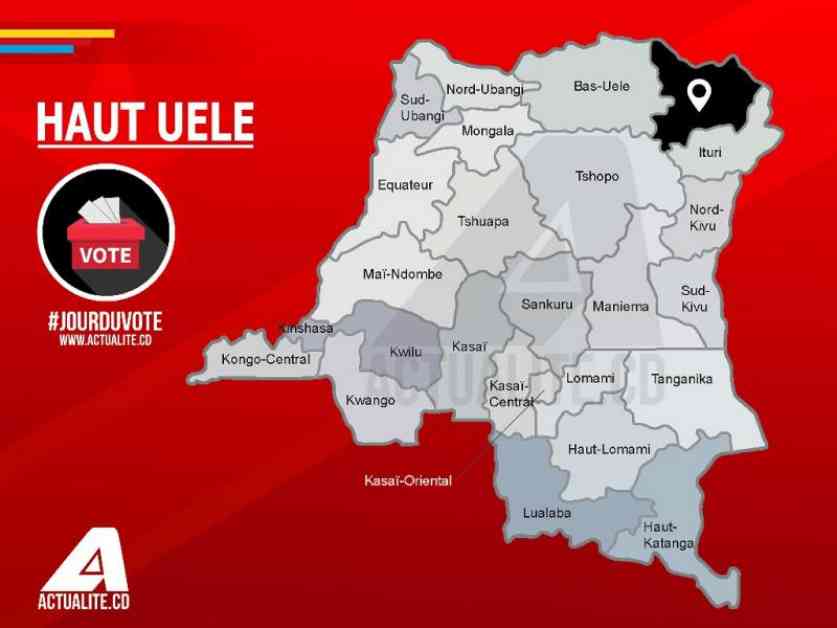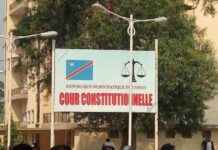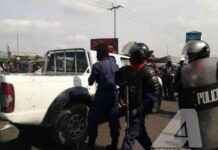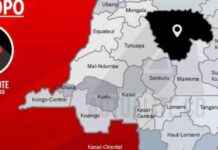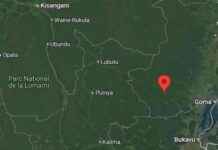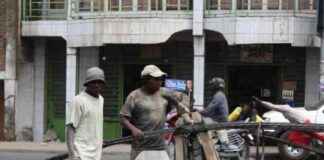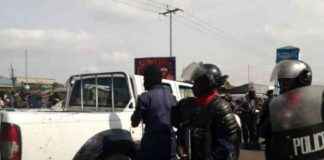Patients Flee Hospital Due to Land Dispute Tension in Haut-Uele
In Haut-Uele, specifically in the town of Dungu, a tense situation unfolded on Monday, January 6th, due to a conflict between the territories of Dungu and Faradje over their administrative boundaries. This dispute centered around the neighboring localities of Sambia (Wando chieftaincy) and Akuwa in Logo Ogambi.
Over 30 Patients Escape from Hospital
Dr. Michel Animomu Sayo, the medical director of a local healthcare facility, revealed that more than 30 patients who were in urgent need of medical attention took advantage of the chaos in Dungu to flee the hospital without settling their bills. Among these patients, 17 were in need of surgical care, 7 were children in the pediatric ward, and 11 were expectant mothers in the maternity unit. This mass exodus has not only resulted in financial losses for the hospital but also poses a risk to the health of these individuals who were under observation.
Appeal for Patients to Return for Continued Care
Dr. Sayo emphasized the importance of the patients returning to the hospital to continue their treatment and settle their respective bills. He highlighted the financial strain this incident has caused the healthcare facility, which relies on patient payments to cover operational costs and staff salaries.
Moreover, the escape of these patients has compounded the existing tension in Dungu, leading to the looting of goods at local markets, disruption of socio-economic activities, and the suspension of educational services in the area.
Call for Resolution and Stability
As the situation in Haut-Uele remains volatile, local authorities and community leaders are urged to swiftly address the land dispute between Dungu and Faradje to prevent further escalation of tensions. The safety and well-being of residents, including those seeking medical care, must be prioritized to restore peace and stability in the region.
This incident serves as a stark reminder of the interconnectedness of social, economic, and healthcare issues in conflict-affected areas. The need for effective governance, conflict resolution mechanisms, and community engagement is crucial to prevent such disruptions and ensure the continuity of essential services for all individuals, regardless of their circumstances.
